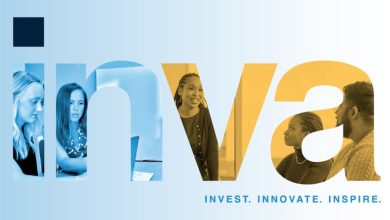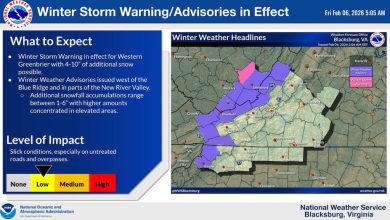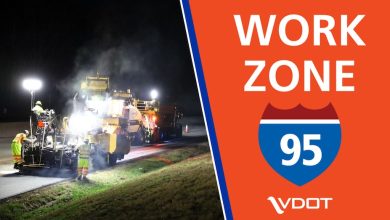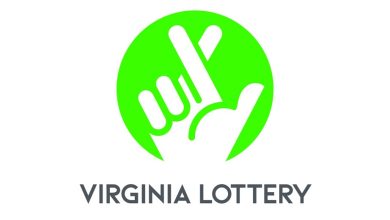Virginia on high alert with state of emergency ahead of Tropical Storm Debby
Richmond, Virginia – Governor Glenn Youngkin has officially declared a state of emergency for Virginia as forecasts predict that Tropical Storm Debby will bring significant rainfall, potential flooding, and disrupt transportation across the Commonwealth. This proactive measure aims to prepare for the adverse weather conditions expected to impact the state and its neighbors.
“Tropical Storm Debby presents a serious threat with its strong winds, heavy rains, and possible flooding across regions of the Commonwealth,” Governor Youngkin stated. He emphasized the importance of staying informed and adhering to local emergency guidelines to safeguard communities and minimize the storm’s impact. Governor Youngkin also expressed his concern and prayers for the residents of North Carolina, Florida, South Carolina, and Georgia, who are bracing for the storm’s effects.
The declaration of a state of emergency enables Virginia to mobilize the necessary resources and equipment for an effective response and recovery effort. Although the exact path of Tropical Storm Debby remains uncertain, the likelihood of it affecting Virginia has prompted urgent preparations for flooding, high winds, and potential storm surges.
The Virginia Emergency Support Team is at the forefront of monitoring and coordinating with local, state, and federal officials to ensure preparedness. The Virginia Emergency Operations Center (VEOC) has been actively engaged, tracking the severe weather as it approaches, with expectations of the storm arriving by the evening of Wednesday, August 7, 2024. Forecasters from the National Weather Service and the National Hurricane Center anticipate tropical storm force winds, heavy rainfall, and severe flooding throughout the state.
Preparedness and Safety Tips
Virginians are urged to prepare for the storm by planning escape routes, staying in contact with family and friends, and understanding what to do in various emergency scenarios. The state’s emergency management website offers valuable resources for making a plan at Virginia Emergency Management.
Residents should also assemble an emergency kit with supplies to support their household before, during, and after the storm. A comprehensive list of recommended items is available at Virginia Emergency Kit Suggestions.
Staying informed is critical during such events. Virginians can follow updates from the Virginia Department of Emergency Management on social media platforms like X and Facebook and download the FEMA app for mobile alerts from the National Weather Service. It’s also advisable to have a battery-operated radio on hand to receive alerts during power outages.
For further details on preparing your business, family, and property against hurricane threats, visit Virginia Hurricane Preparedness and Ready.gov on Hurricanes.




